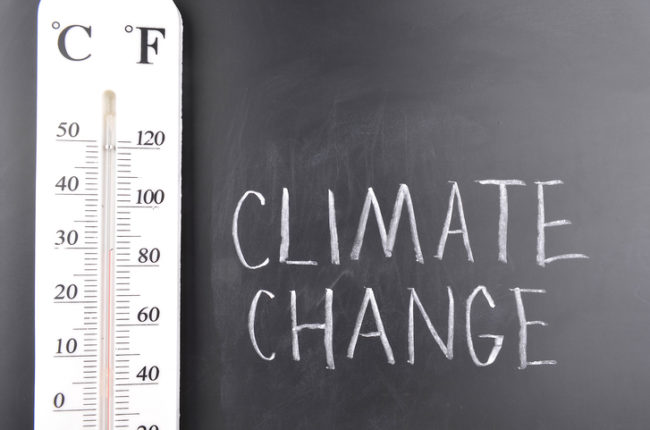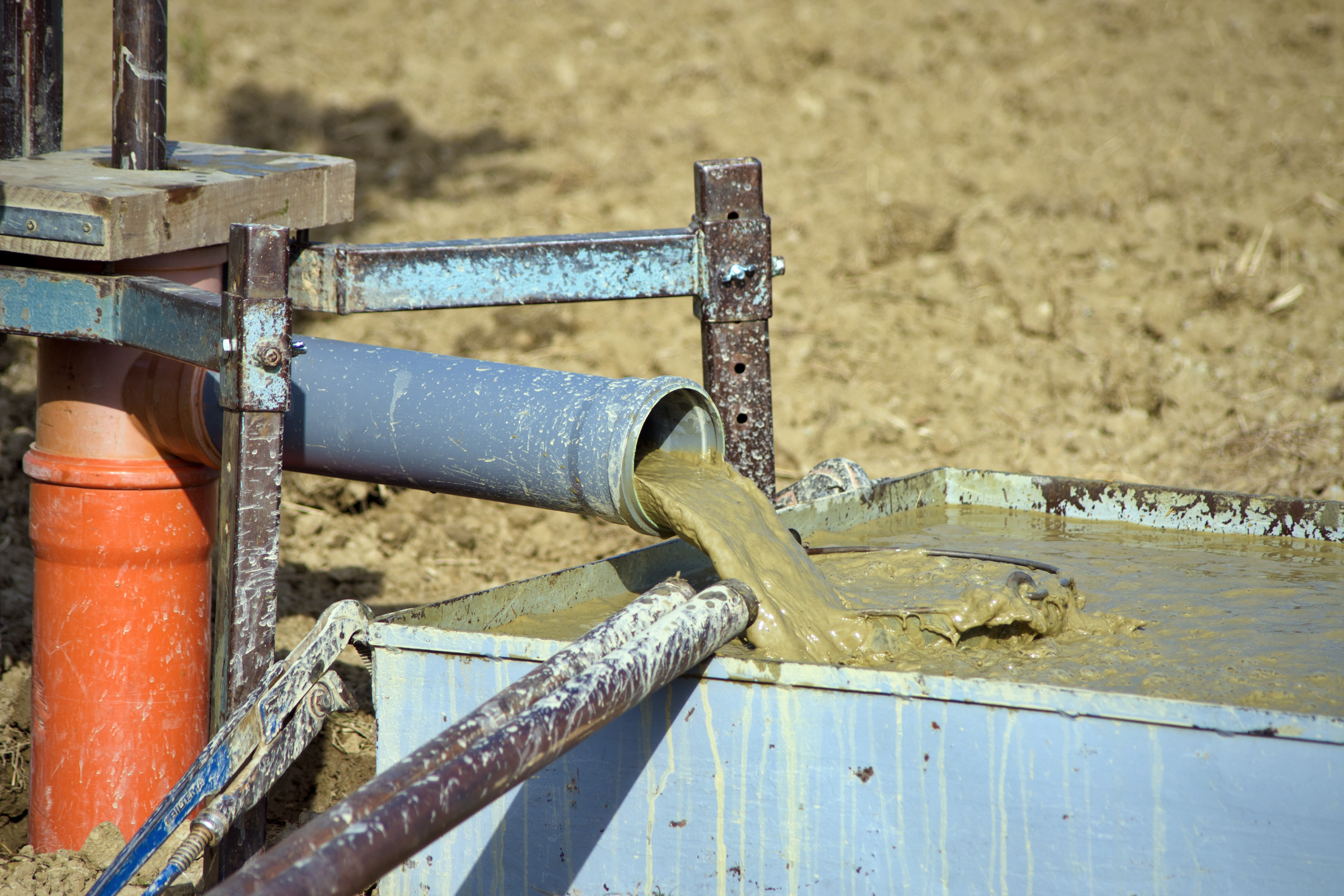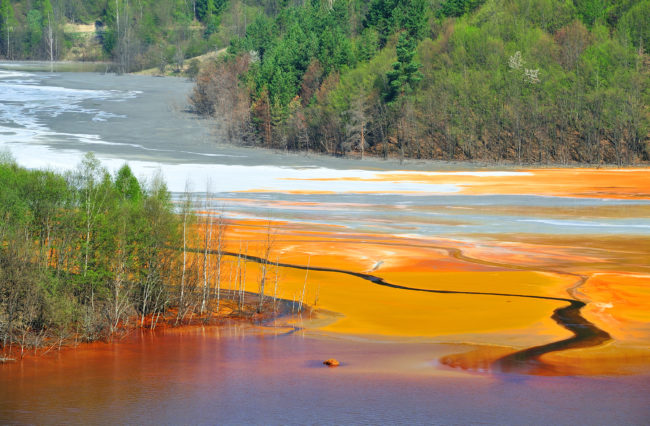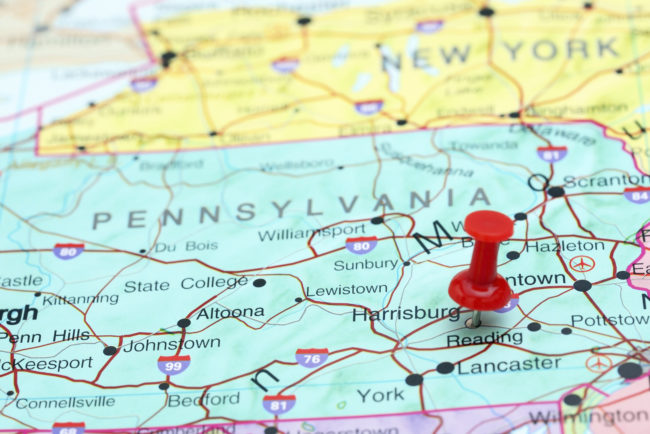By Order dated June 25, 2018, the United States District Court for the Northern District of California dismissed the lawsuits filed by the cities of San Francisco and Oakland seeking compensation from five of the world’s largest energy producers for the costs of adapting to climate change allegedly caused in part by these companies’ sale of fossil fuels. This dismissal brings to an end, at least temporarily, to two of the fourteen second-generation climate change lawsuits that have been filed by various cities and …
Continue Reading









